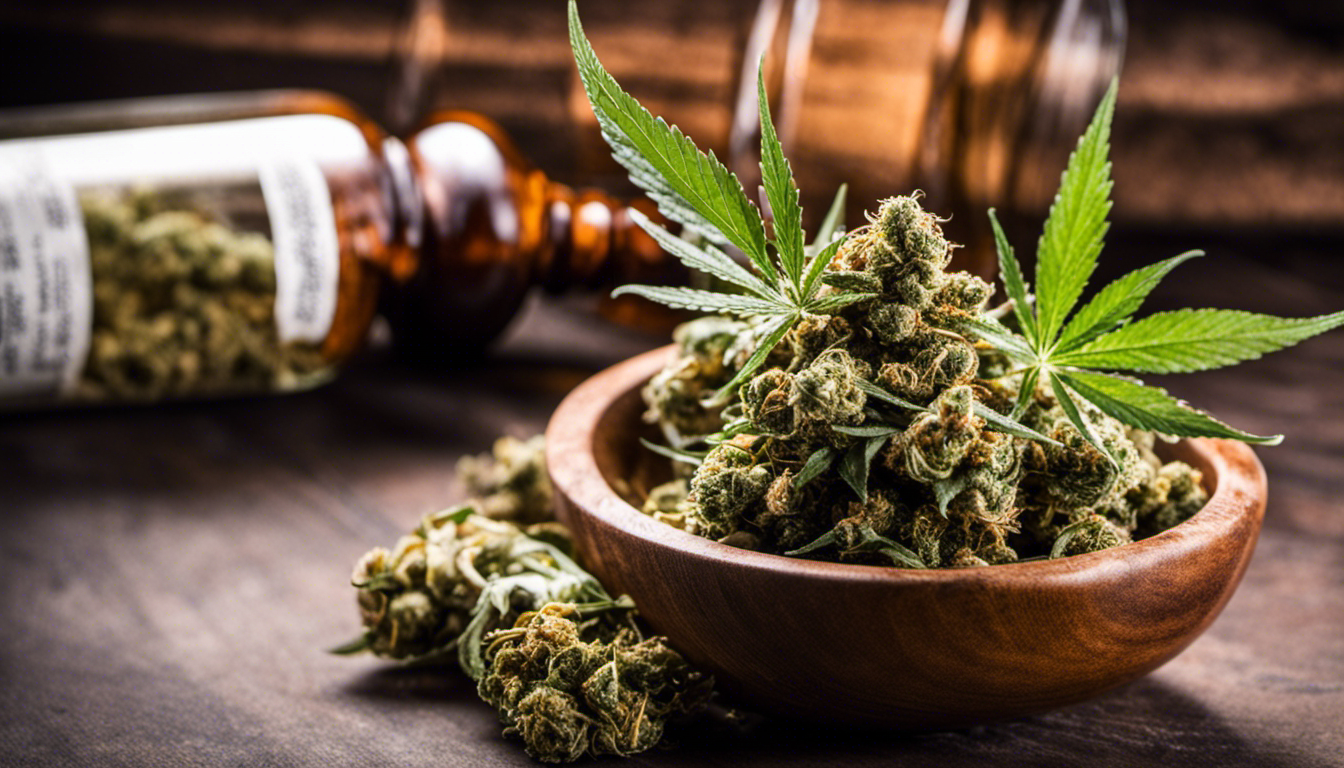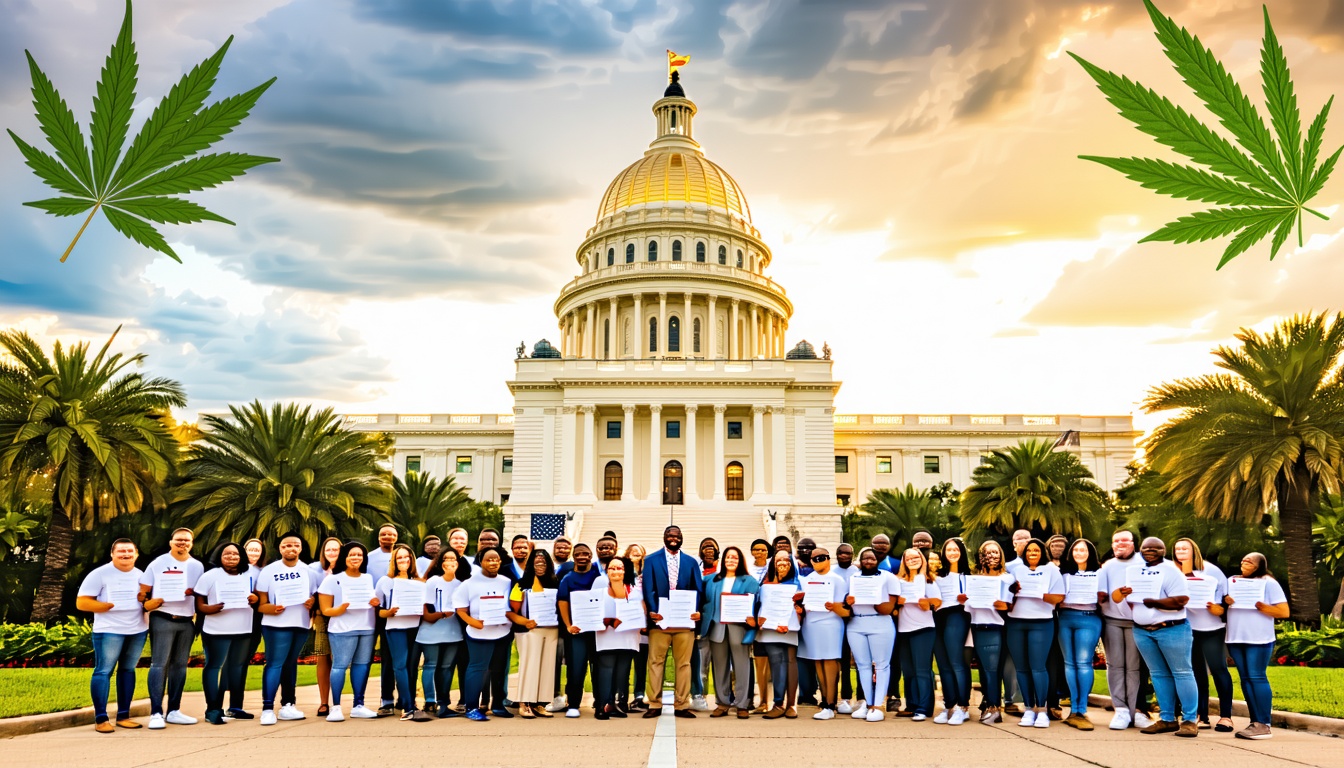The US Drug Enforcement Administration (DEA) has delayed its decision on reclassifying marijuana under federal drug laws until after the November election. The agency has scheduled a hearing on the proposed rule change for December 2, effectively pushing the decision to after the next president is sworn in on January 25, 2025.
The proposed rule change is the result of a review of US cannabis policy ordered by President Joe Biden in October 2022. The review was conducted by the Department of Health and Human Services (HHS), which determined that marijuana has legitimate medical uses and fits the criteria for rescheduling under the Controlled Substances Act (CSA). The DEA initially agreed to reschedule marijuana in April 2024, but opened a 60-day public comment period, which ended with 43,000 comments submitted.
An analysis of the public comments found that 92.45% were in favor of reclassifying marijuana under federal law, while only 7.55% were against reform. Many of those who commented asked the DEA to schedule a hearing on the matter, which has now been scheduled for December 2.
The delay has been met with disappointment from the regulated cannabis industry, which stands to benefit from the reclassification. The industry has been subject to strict tax regulations under the Internal Revenue Service (IRS), which would be relaxed if marijuana were rescheduled. Industry leaders have expressed frustration at the delay, citing the uncertainty it creates and the potential for a new presidential administration to reverse course.
Despite the delay, many experts believe that the DEA’s decision to hold a hearing demonstrates the complexity and ongoing challenges of federal cannabis reform. The reclassification of marijuana would have significant implications for the industry, including the potential for increased access to banking and financial services, as well as reduced tax liabilities.
In the meantime, the cannabis industry will continue to operate under the current regulatory framework, with many businesses struggling to stay afloat due to the uncertainty and complexity of the current system. As the industry waits for the DEA’s decision, many are calling for a more comprehensive approach to cannabis reform, including descheduling the drug altogether.












